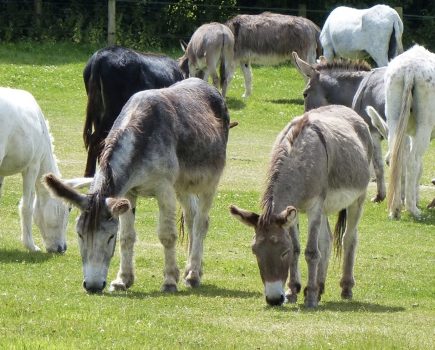DECEMBER 2007: The debate over GM food is hotting up again, with claims that Britainis in danger of being left behind in the race to develop the technology.
Sean Rickard, of Cranfield University, former chief economist for the NFU, said GM crops could be accepted across Europe in less than 10 years.He said biotechnology is the next big technology driver in the world and that we have to respond to the challenges of climate change through GM. He said it was “shameful” that our Government is lagging behind other countries on accepting GM.He claimed the general public has an irrational fear of GM technology, whipped up by the media, and that it is down to the farming industry and scientists to educate the public about the benefits it can deliver.Sir Colin Berry, of the University of London, said hundreds of millions of people have been eating GM crops for nearly 15 years, with no ill effects.But Friends of the Earth say the only benefits GM crops have brought are to the biotech companies that own the patents and a few farmers that grow them on an industrial scale.It called for an emphasis on diversity, saying GM technology is expensive and risky. “GM crops often need more pesticides, provide lower yields and have caused widespread contamination of the food supply.” Anti-GM campaigners say frustration is building in countries such as India, with American multinational companies peddling costly GM seeds and destroying traditional farming methods. The GM companies have made deep inroads in rural India, but also bring new risks as farmers pile up debt. The rise in the suicide rate among Indian farmers has been alarming, they say.The Soil Association says confidential documents reveal that EU Environment Minister Stavros Dimas wants to refuse approval for the cultivation of two GM maize crops because they pose “unacceptable risks”.* WHAT’S YOUR VIEW? Email us at editorial.csh@archant.co.uk







